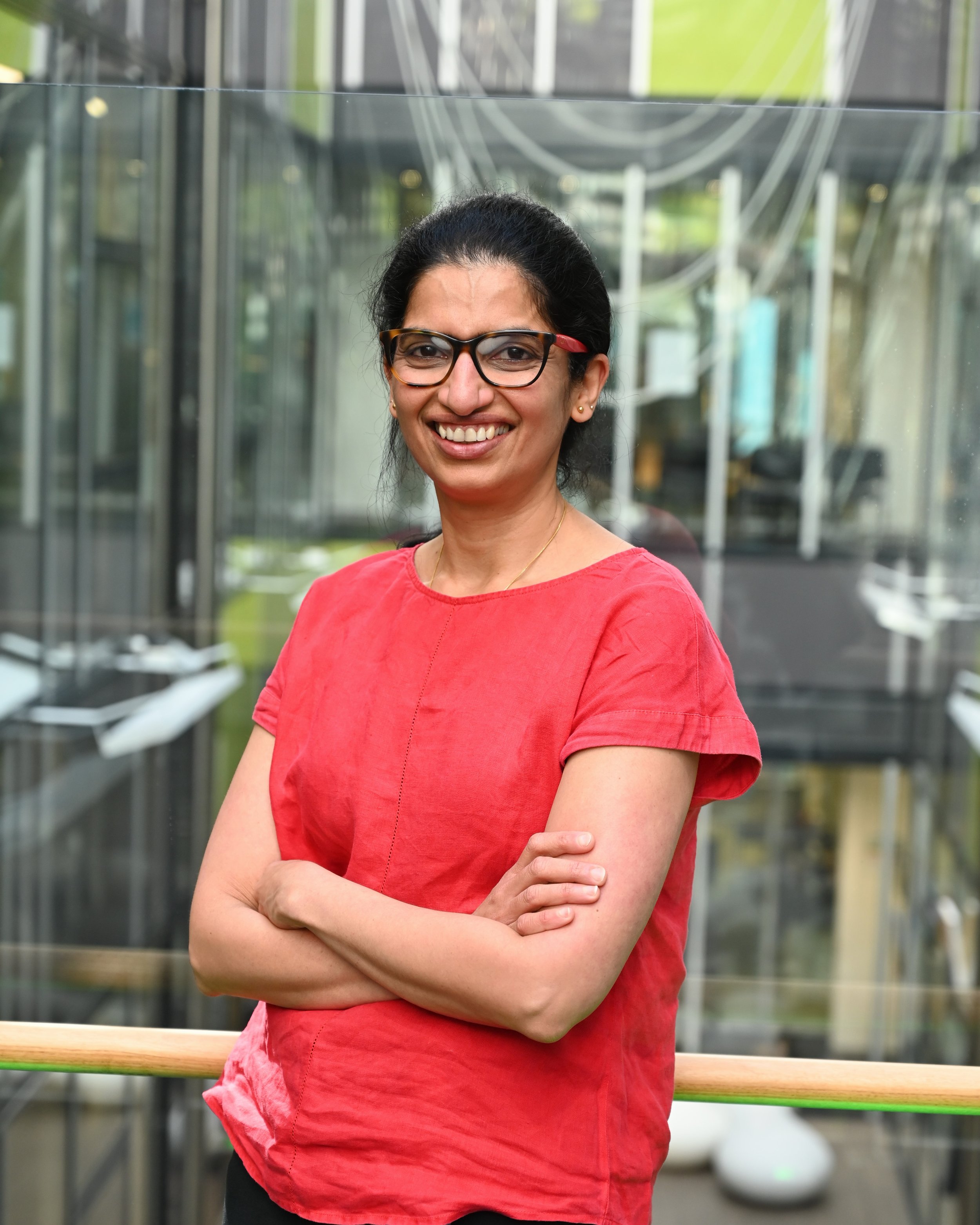Assessing carbohydrate counting capabilities of type 1 diabetes patients
The modification and implementation of an objective tool to assess the carbohydrate counting capability for individuals with type 1 diabetes and their carers in preparation for commencing Continuous Subcutaneous Insulin Infusion (CSII) - Ms Sunita Date- $1103.00
For people living with type 1 diabetes, the management of their blood glucose through diet and exercise is key to reducing the risk of further complications.
Diabetics need insulin to survive and help maintain blood glucose levels. Because their pancreas is no longer producing the insulin required by the body, this can be achieved by taking insulin via insulin pens or an insulin pump.
Carbohydrate counting is an essential component of type 1 diabetes management. For this to work, the patient is required to identify all of the carbohydrates in their meals, snacks and beverages, and count them in grams.
Prior to commencing on an insulin pump, adults with type 1 diabetes and paediatric clients and their carers are assessed on their ability to count carbohydrates.
However, there is currently limited evidence on the availability of an objective assessment tool for measuring the carbohydrate counting capabilities of people with type 1 diabetes – with consideration to local health literacy and numeracy.
This project involves the modification and implementation of a pictorial questionnaire designed in the United Kingdom, to be adapted for the foods and the people of Tasmania – with regards to literacy and numeracy.
As a diabetes dietitian, lead researcher Sunita Date helps assess the skills and abilities of patients with type 1 diabetes in carbohydrate counting.
She said the process can appear to be subjective in nature, especially if conducted by a dietitian with limited experience in diabetes nutrition management.
“To ensure an objective, non-biased assessment occurs, I felt it was very important to address this question of how I can assess a client with type 1 diabetes objectively and educate them at the same time,” she explained.
“This research project will consider consumer feedback and involvement in its initial piloting of the modified tool.
“I believe increases its relevance as it considers consumer feedback and is informative in its application.”
The developed questionnaire will be implemented during a routine outpatient appointment and will also be used as a teaching tool.
It’s expected to also assist type 1 diabetes patients in identifying foods containing carbohydrates (and how much), and how to calculate carbohydrates from a recipe or a label.
Sunita is hopeful the modified assessment tool will be incorporated into routine practice.
“The tool can be further modified to accommodate Indigenous and migrant populations incorporating foods commonly consumed and familiar to them,” she explained.
“It has the potential to be used at diabetes centres state-wide providing type 1 diabetes assessments prior to insulin pump commencement.”
About the researcher
Sunita is a Senior Diabetes Dietitian with Tasmanian Health Service North, based out of the John Morris Diabetes Centre.
She completed a Masters in Nutrition & Dietetics (Research) at Griffith University, Queensland. Prior to that she completed a Master of Science (Home Science in Food Nutrition and Dietetics) in India at Nirmala Niketan, Mumbai University.
As a clinician with almost 15 years’ experience, she said she felt it was vital to participate and complete translational research to ensure both patients and clinicians have experiential learning through the medical process.
“I have a curious personality and like to ask questions – the why, how, when, what questions,” she said.
“I believe we have to constantly evolve and learn daily. I also believe it is important to challenge ourselves and learn and progress in our clinical practice.”


